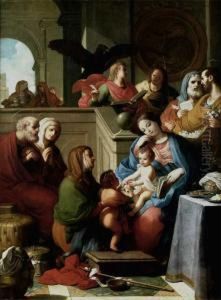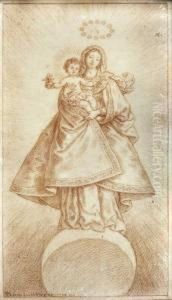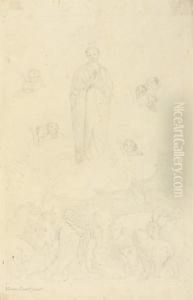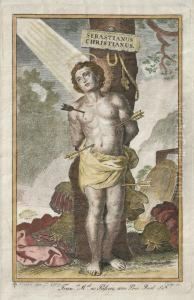Francisco Lusitano Vieira De Mattos Paintings
Francisco Lusitano, whose full name is Francisco de Lucena Vieira de Mattos, was a Portuguese poet, scholar, and humanist during the Renaissance. Born in 1520, he was part of the rich cultural and intellectual milieu of 16th-century Portugal, which was a time of exploration, both geographically and intellectually.
Lusitano's life and work were deeply influenced by the humanist movement, which emphasized a return to classical antiquity and a focus on secular subjects and the dignity of man. Although much of his life’s details remain obscure, it is known that he was a man of letters, erudite in Latin and Greek, and contributed to the rich tapestry of Renaissance literature with his poetry and translations.
Much of his work was in the form of lyrical poetry, following the classical models of the time, and he became well-known for his elegant style and the use of classical references. His contributions to the Portuguese literary scene were significant, as he was part of a generation that was striving to establish a national literary identity, distinct from the dominant Spanish influence.
Francisco Lusitano's death occurred in 1589. Although not as widely recognized today as some of his contemporaries, his work was instrumental in the development of Portuguese literature and the broader cultural renaissance that was sweeping through Europe. His legacy persists in the study of Renaissance humanism and Portuguese literary history.




